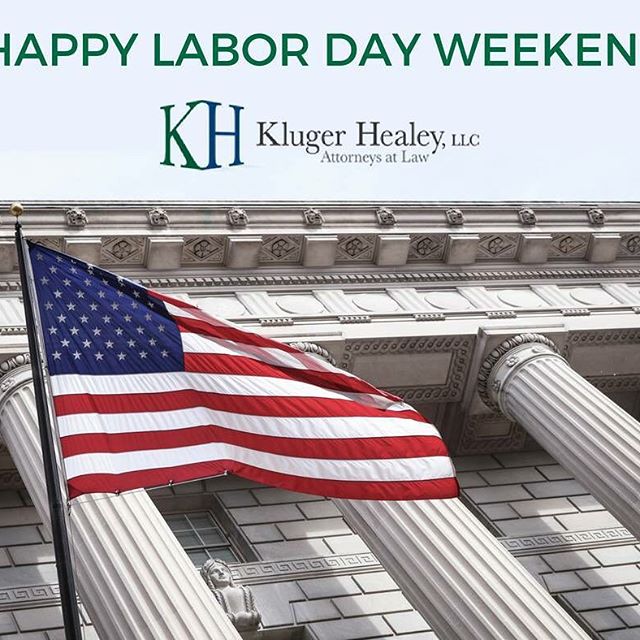
Read on if your business has a union, you know someone who has a union, or you just want to make sure that you never have a union. If none of those categories apply to you, go back to the barbecue. We like our burgers rare.
You know those non-solicitation policies that we insist on putting in your employee handbooks? Their purpose is not really to keep the employees from selling the most Girl Scout Cookies in history by guilting their co-workers into more Samoas; non-solicitation policies are actually a union-avoidance tool. Earlier this month, the National Labor Relations Board (“NLRB”) ruled that a hospital’s non-solicitation policy was overly broad and that the hospital violated the National Labor Relations Act (“NLRA”) in applying it.
The hospital, which was in the midst of a union organizing campaign, had a handbook policy that prohibited solicitation by employees of any kind (this is important) and of employees during work time (and in patient areas at any time). The policy also prohibited off-duty employees from soliciting on hospital grounds. Employees were permitted to engage in solicitation while on-duty but during non-working time, meaning breaks. A union organizer and an off-duty employee were tossed out by the hospital when leafleting employees on break in the cafeteria. The NLRB ruled that there is no distinction between “off-duty” employees and those “on break,” so prohibiting the off-duty employee from being in a public area and soliciting co-workers during their break violated the NLRA. Because many employers do not have public access areas, like hospital cafeterias, an employer could prohibit off-duty employees from remaining on premises after shift or returning during off duty hours, so long as that policy is uniformly enforced before there is a union organizing campaign underway.
But most employers cannot legally ban solicitation by co-workers during none work time, so employees can typically engage in union organizing activities during lunch, breaks, and before or after shifts. In order to be enforceable against union campaigns during work hours though, a non-solicitation policy must prohibit all solicitation, meaning no United Way, no Thin Mints, no raffles. If the policy and its enforcement are not consistent, an employer would violate the NLRA if it sought to prohibit only the distribution of union literature or petitions. Similarly, employers can and should prohibit the posting of any solicitations on its bulletin boards (if they still exist), and state in the policy that they are reserved for official company communications only.
In 2014, the NLRB ruled that employees can use an employer’s email in a union organizing campaign if the communications are prepared and sent during non-work time. On August 1, 2018, the NLRB signaled that it will reconsider that outcome by issuing a Notice and Invitation to File Briefs seeking input from the public on whether it should overturn that decision.
It is important to remember that policies banning solicitation must be consistently enforced before there is any hint of union organizing. If employees can solicit for their other causes during the work day, it will be too late to prevent employees seeking to unionize from doing the same.









